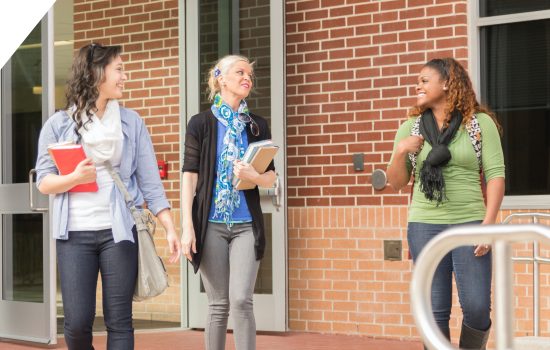REPORT
CHAPTER HIGHLIGHTS
RECRUITMENT
Colleges and universities expend time, money, and effort to recruit a student body. When done equitably, recruitment policies and practices can promote the inclusion of students of color and students from low-income backgrounds. But recruitment practices too often prioritize recruitment of students from wealthy, out-of-state communities, perpetuating privilege for White or affluent students and supporting a system in which an applicant’s zip code determines their future.
RETHINK RECRUITMENT ADVOCACY TOOL







